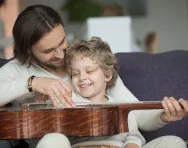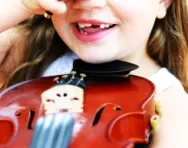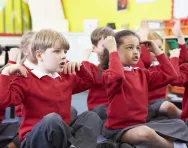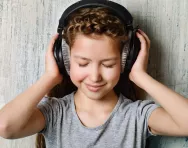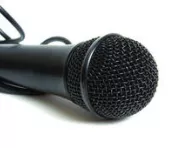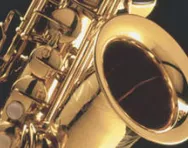Important update from TheSchoolRun
For the past 13 years, TheSchoolRun has been run by a small team of mums working from home, dedicated to providing quality educational resources to primary school parents. Unfortunately, rising supplier costs and falling revenue have made it impossible for us to continue operating, and we’ve had to make the difficult decision to close. The good news: We’ve arranged for another educational provider to take over many of our resources. These will be hosted on a new portal, where the content will be updated and expanded to support your child’s learning.
What this means for subscribers:
- Your subscription is still active, and for now, you can keep using the website as normal — just log in with your usual details to access all our articles and resources*.
- In a few months, all resources will move to the new portal. You’ll continue to have access there until your subscription ends. We’ll send you full details nearer the time.
- As a thank you for your support, we’ll also be sending you 16 primary school eBooks (worth £108.84) to download and keep.
A few changes to be aware of:
- The Learning Journey weekly email has ended, but your child’s plan will still be updated on your dashboard each Monday. Just log in to see the recommended worksheets.
- The 11+ weekly emails have now ended. We sent you all the remaining emails in the series at the end of March — please check your inbox (and spam folder) if you haven’t seen them. You can also follow the full programme here: 11+ Learning Journey.
If you have any questions, please contact us at [email protected]. Thank you for being part of our journey it’s been a privilege to support your family’s learning.
*If you need to reset your password, it will still work as usual. Please check your spam folder if the reset email doesn’t appear in your inbox.
How to support your child in learning an instrument
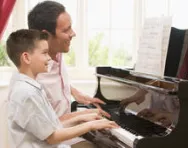
What instrument should my child learn?
The recorder is an easy one to start with because it can be played by young children and it’s cheap at just a few pounds. Although it’s not always pleasant on the ear, a recorder gives your child a great introduction in learning to read and follow music. They can then progress to another instrument.
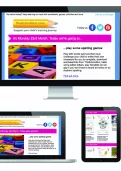
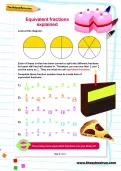
Boost your child's maths & English skills!
- Follow a weekly programme
- Maths & English resources
- Keeps your child's learning on track
Traditionally the piano, violin, clarinet and flute have been popular instruments to learn but you don’t have to choose one of these. Drums, electric guitar or keyboard are all becoming more popular. When deciding which to learn see if your child can borrow an instrument from friends, or try one at school before you spend a lot of money on something they might change their mind about. Families on low incomes can sometimes apply for council funding for lessons and instruments.
How do we pick a teacher?
A good teacher will be able to keep your child’s attention during the lesson and instil them with confidence and the enthusiasm to practise and improve. Recommendation from friends is common or you could also speak to the music teacher at school and find out who they suggest.
When you find a teacher you’re interested in take your child to meet them and have a chat about their teaching methods. Ask about the length and structure of the lessons and how much practice your child will be expected to do at home. Most importantly get a feel for how the teacher interacts with your child and how they respond to each other. You could also ask for a trial lesson.
What’s the right age to start?
Children are never too young to learn about music. Rose Cam has taught the piano to children for twenty years and nine years ago began offering music lessons for under-fives. The lessons involve listening to music and learning to clap a rhythm and sing in time, which is all preparation for later playing an instrument.
Formal lessons can start between the ages of five and seven, depending on when your child’s ready. Lessons and practice require a reasonable concentration span which comes later to some children than others.
Are there any benefits?
It’s widely thought that learning to play an instrument can help children in other areas of their development. Music lessons can develop coordination and motor skills, improve concentration and help them tap into their emotions.
"There’s a body of evidence which suggests playing an instrument helps children’s learning," said Cam, "Parents tell me that they become quicker to learn other things too, for example, counting to keep time when playing the piano can help with maths."
When your child reaches a certain level of ability, they will find that playing an instrument can help them wind down and relax, too.
